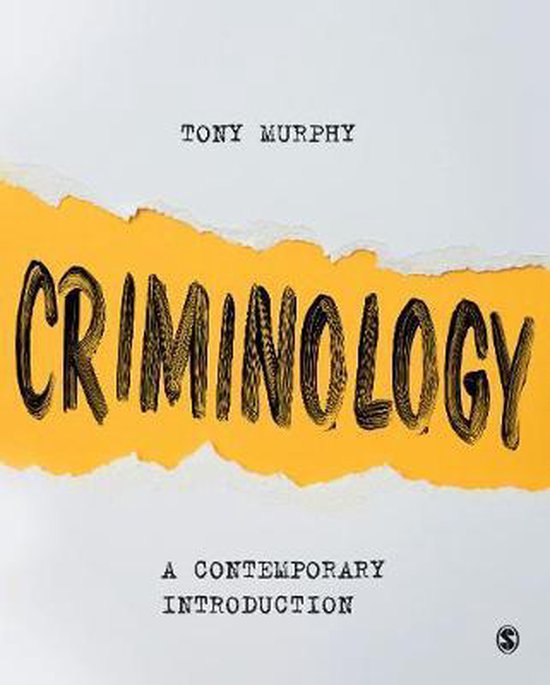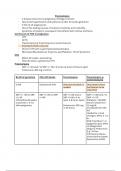Summary
Summary Introduction into Criminology for Social Science Students
- Course
- Institution
- Book
This document is all you need for the exam for 'Introduction into Criminology for Social Science Students (RGBUSTR007) '. It contains a summary of the most important concepts per chapter (1, 5-11) from the book. It also includes the slides+ additional notes from the lectures. It also contains the i...
[Show more]













